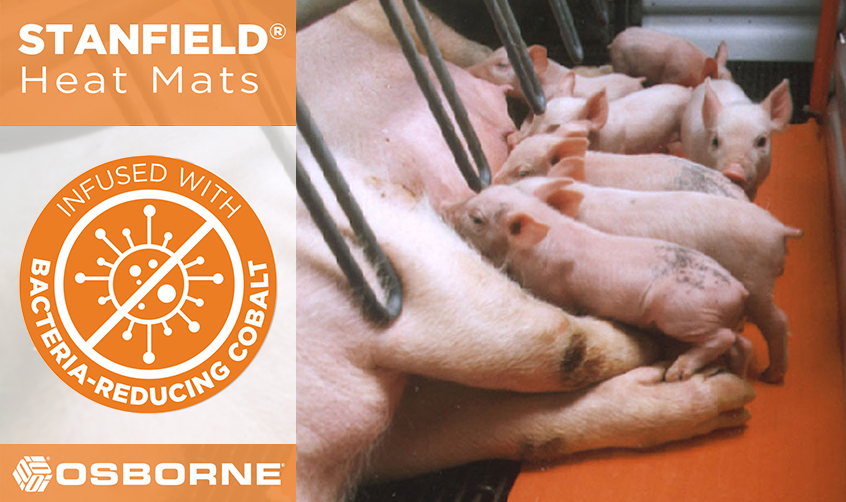



Cutting Animal Transport Time Just the Start
EU - The welfare of animals in transport must be improved, but cutting transport time to eight hours must be supplemented by other measures, such as support for local slaughterhouses and meat processing plants, upgrading transport vehicles and full and uniform control of compliance with existing rules throughout the EU, said many Agriculture Committee MEPs in a debate.The problem is serious but also complex, noted rapporteur for the own-initiative report Janusz Wojciechowski (ECR, PL).
"We should insist on limiting such transport for all types of animals," he said, adding that the solution should not be limited solely to cutting animal transport times - a view echoed by many other MEPs.
Better law enforcement and uniform rules
"Eight hours is a nice buzzword," said Marit Paulsen (ALDE, SE), referring to a campaign to restrict transport time for animals for slaughter to eight hours, "but more must be done [to improve animal welfare]". She stressed the need to tighten up controls and enforcement, adding that more use should be made of technology such as GPS to improve the monitoring of compliance with the rules throughout the EU.
Before imposing any time limits, it is necessary to put in place "stricter control and enforcement" measures that should be made uniform throughout the EU to prevent abuses, said Esther de Lange (EPP, NL), a view echoed by many MEPs. "We cannot have lorries by-passing Austria just because they have stricter rules in place", she said.
Work on transport conditions, not duration
Discussing the eight-hour limit is approaching the subject "in entirely the wrong way," said John Stuart Agnew (EFD, UK). The conditions in which animals are transported matter more than the duration of the journey, and those that are not strong enough should not be loaded, he said, adding that lorries should be better monitored by relevant authorities.
The committee is united in its determination to improve animal welfare standards, but capping the duration of transport without considering transport conditions is "a blunt instrument," agreed Richard Ashworth (ECR, UK). "If conditions are bad, even a one-hour journey can be problematic," he said.
Species-specific rules
Transport conditions, including transit times, must remain species-specific - differing rules are needed for cattle and sheep, poultry and pigs, argued Britta Reimers (ALDE, DE). Many MEPs agreed, but some argued that current rules nonetheless need to be updated. On equine transport, Julie Girling (ECR, UK), insisted that "endless studies" show that distances and times "should be made special for horses".
Support for local slaughterhouses
If the legislation currently applied has not worked, then we need to ask why, said Alyn Smith (Greens/EFA, UK), insisting that the problem must be solved at its roots. "We need to support local slaughterhouses", so animals do not have to travel long distances, install better ventilation systems in lorries, and look at state aid and hygiene drills, which "favour bigger factories", he added.
The call for "more local slaughterhouses" was taken up by other MEPs, including Luis Manuel Capoulas Santos (S&D, PT), who insisted that strict hygiene rules, although important, must not lead to the closure of small abattoirs, thus forcing the transport of animals over long distances.
No more transports for origin labels
Mr Capoulas Santos, speaking on behalf of Ms Karin Kadenbach (S&D, AT), also voiced her concerns about animals being transported for slaughter to other member states "just to get the country of origin label". This practice "must stop", he said.
Next steps
The Agriculture Committee debate is a response to the Commission's report on the impact of current EU legislation, which has been in effect since 2007. Mr Wojciechowski's report will be put to a committee vote on 9-10 July and a plenary one in September.








